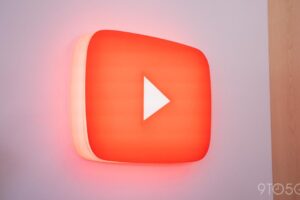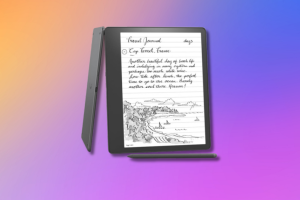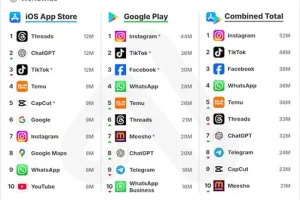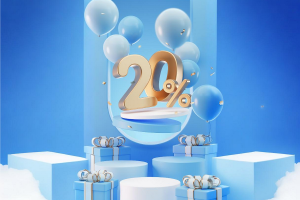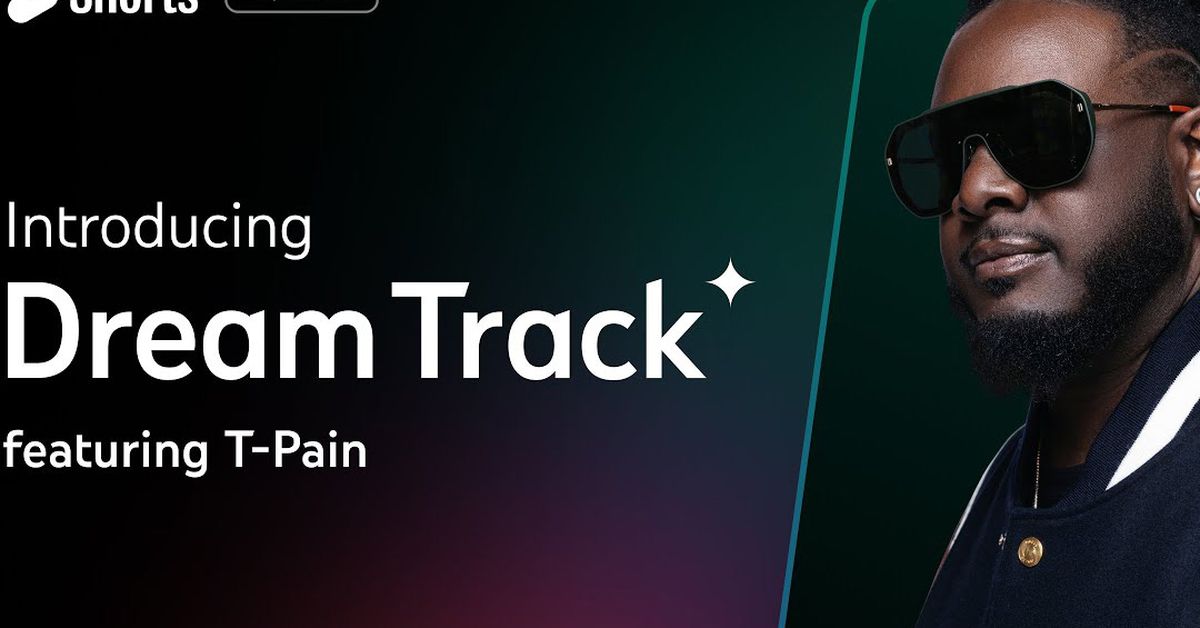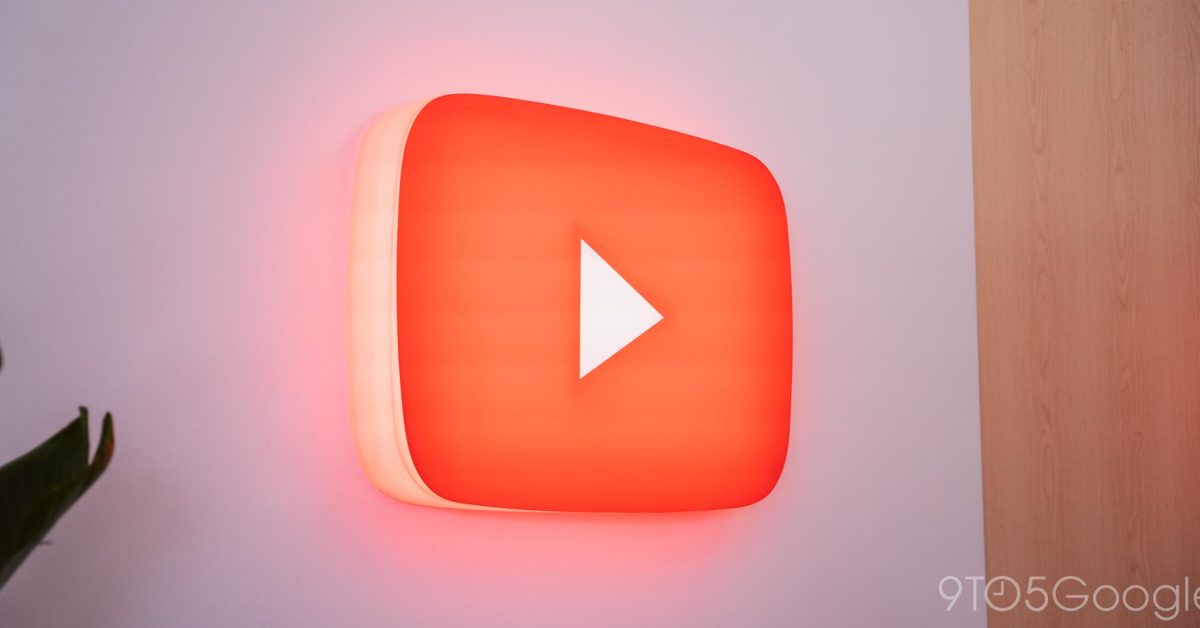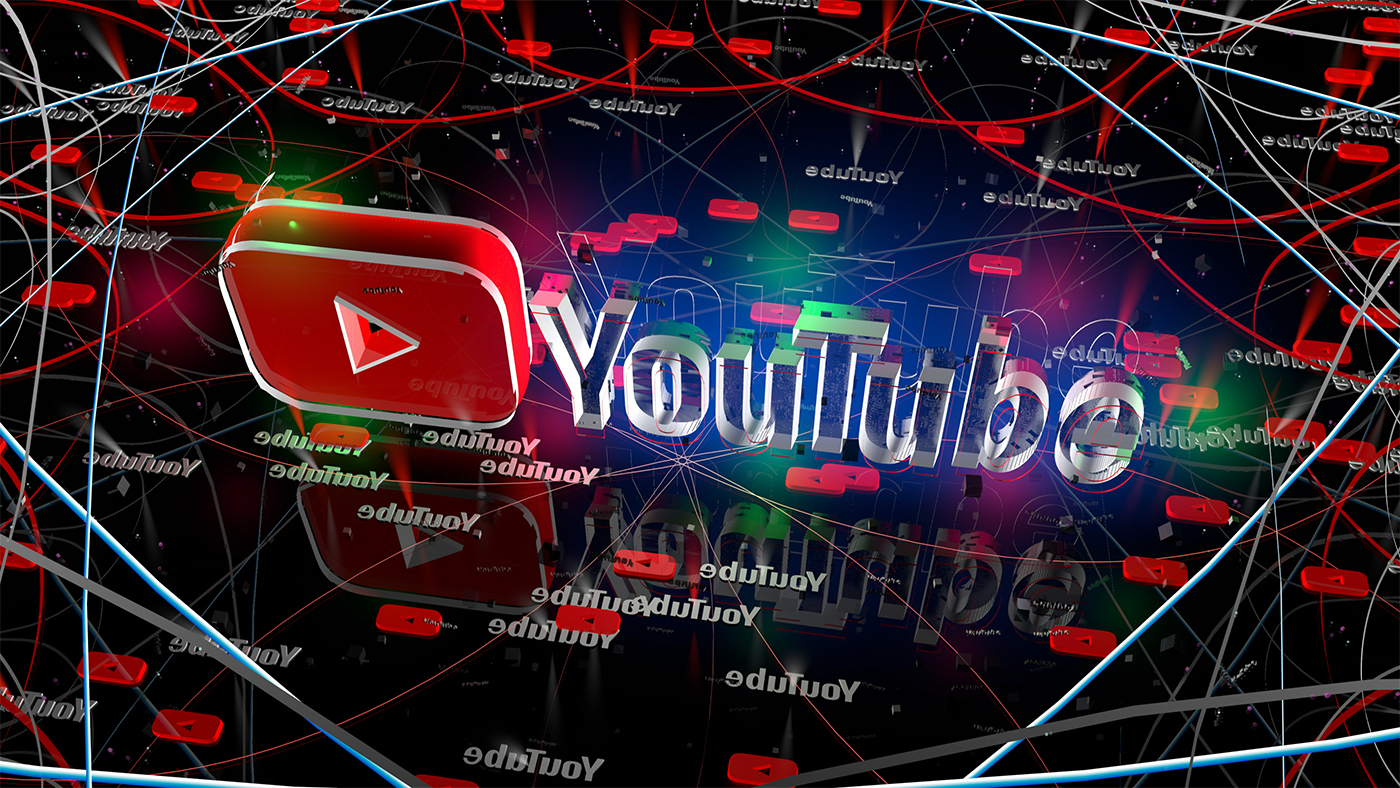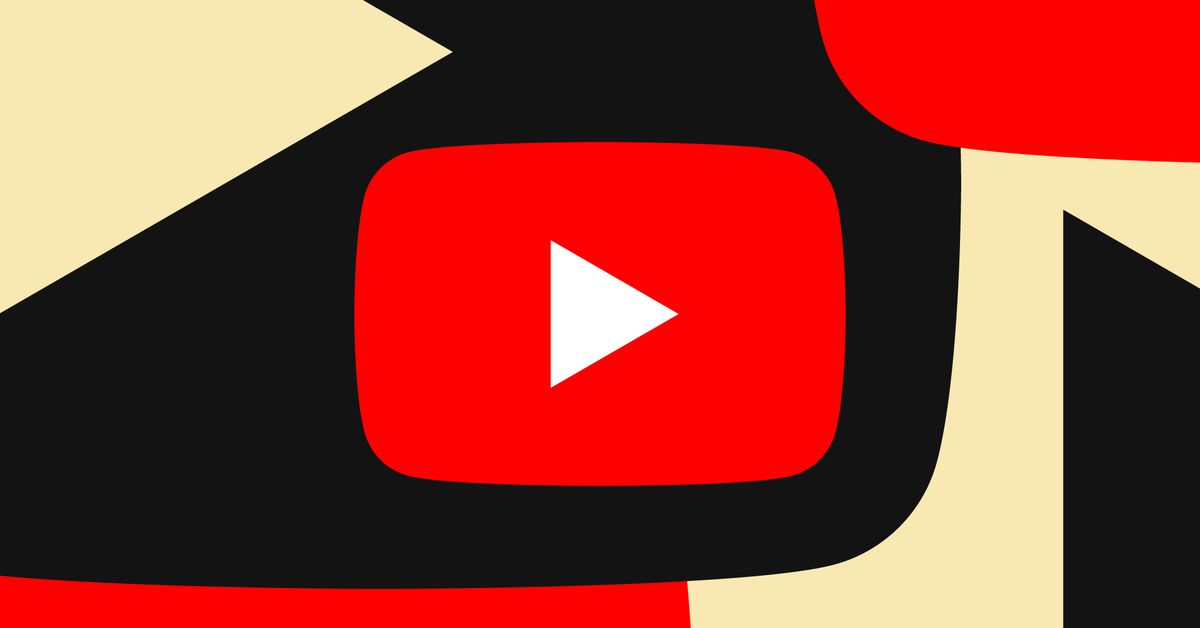Google is testing new generative AI features for YouTube that’ll let people create music tracks using just a text prompt or a simple hummed tune. The first, Dream Track, already seeded to a few creators on the platform, is designed to auto-generate short 30-second music tracks in the style of famous artists. The feature can imitate nine different artists, who’ve chosen to collaborate with YouTube on its development. YouTube is also showing off new tools that can generate music tracks from a hum.
YouTube says its Dream Track feature is currently being tested with a “small group of select US creators” and can produce tracks in the style of nine artists; Alec Benjamin, Charlie Puth, Charli XCX, Demi Lovato, John Legend, Papoose, Sia, T-Pain, and Troye Sivan. In a pair of video demonstrations, we’re shown how the prompt “A ballad about how opposites attract, upbeat acoustic” can create a track in the style of Charlie Puth, or “A sunny morning in Florida, R&B” can be used to make a T-Pain song. The software can generate lyrics, a backing track, and an AI-generated voice in the style of the artist.
The idea is for these tracks to be used with YouTube’s TikTok-style Shorts service. That’s also where YouTube announced a new AI feature called Dream Screen in September, which can generate videos and photos to use as backgrounds.
YouTube says participants in its Music AI incubator will be able to test these tools later this year.
These new AI tools are powered by a music generation model called Lyria from Google’s DeepMind. In an accompanying blog post from DeepMind, the Google subsidiary says tracks created using Lyria will carry a SynthID watermark that’s inaudible to the naked ear and can be preserved when a track is modified. So even if someone adds more noise to a track, compresses it into an MP3 file, or speeds it up, it should theoretically still be possible to tell that it contains AI-generated audio from Lyria.
